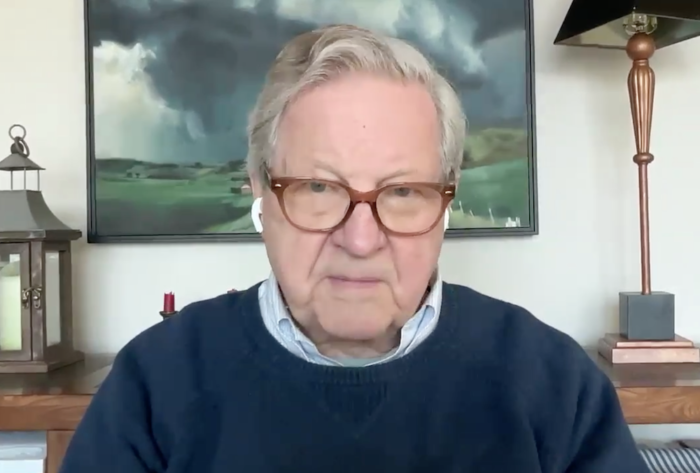Metropolis Canada has awarded WRMC Chair Lloyd Axworthy with its 2025 Policy Maker Award of Excellence. The award recognizes and celebrates outstanding contributions to the field of immigration and settlement in Canada.
Senator Omidvar on Solidarity with Afghan Women
On November 16, 2021, WRMC Member and Canadian Independent Senator Ratna Omidvar delivered opening remarks at the panel discussion “Solidarity with Afghan Women: A Policy Perspective” to discuss the ways Canada can better support Afghan women. Below is a summary of the Senator’s remarks: Horror has taken place in Afghanistan since July and continues today. […]
Pathways for Protection: Promoting Sponsorship Initiatives for Refugees
Virtual Panel Discussion: 8 September 2021, 09:00-10:15 EDT The humanitarian crisis in Afghanistan is driving Afghans to seek safety outside of their country. But with more than 20 million refugees already registered globally with the UN Refugee Agency — and only a small fraction of resettlement needs being met each year — new pathways to protect and resettle Afghans […]
Making States Accountable for Deliberate Forced Displacement — Research Paper No. 17
While the international refugee regime is anchored in the 1951 Refugee Convention and the work of the United Nations High Commissioner for Refugees (UNHCR), the Convention is silent on the question of state culpability, and the UNHCR’s Statute established its entirely non-political character.
The Global Refugee Regime and UN System-wide Reforms — Research Paper No. 16
This paper considers how responsibility for ensuring refugee protection and access to solutions can be shared more reliably across the United Nations’ system, by examining entry points beyond traditional humanitarian actors (including peace and security actors in the United Nations), as well as the role states can play in supporting a broader response from the UN system.


